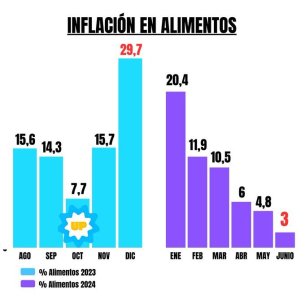Russell
Member
According to Bumeran, the main job portal in Argentina, the average salary expected by Argentinians increased by 69% in the first five months of the year, reaching $919,089 in June, which is 7.57% higher than in May. While this reflects the expected salary, what is the actual average salary being paid these days?








